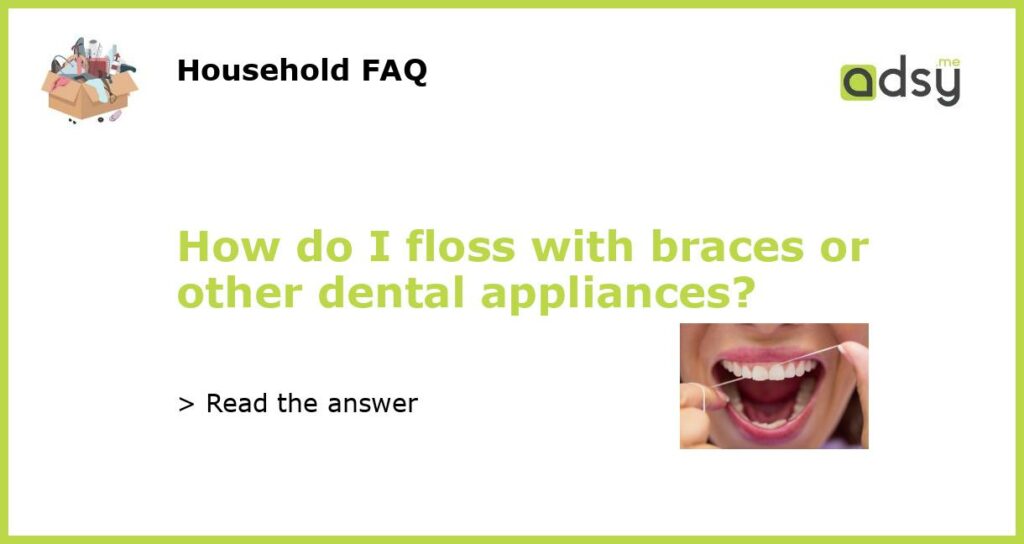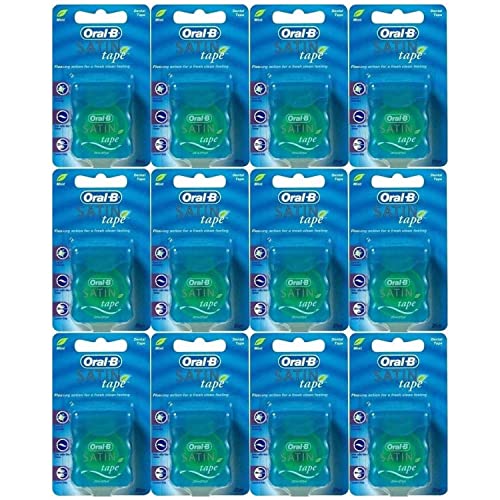Why is flossing important with braces or dental appliances?
It is crucial to maintain oral hygiene by flossing regularly, and this becomes even more important when wearing braces or other dental appliances. The reason being, braces or wires trap food particles and bacteria, making it difficult for a toothbrush to reach certain areas. Flossing helps remove these particles and bacteria, reducing the risk of cavities and gum diseases. Additionally, flossing helps keep teeth and gums healthy, improving overall oral health.
What are the different ways to floss with braces or other dental appliances?
While using traditional floss may be difficult with braces, there are other ways to floss effectively. One way is by using threader floss, which involves passing floss through the wire using a threader tool. Another option is using orthodontic flossers, which have a curved head that reaches under the wire to clean between the teeth. Water flossers are also an effective alternative for flossing with dental appliances. They use water pressure to clean between the teeth and under the wires, making it an easy and efficient way to floss with dental appliances.
What is the right way to floss with braces or other dental appliances?
Flossing correctly is crucial to ensure that food particles and bacteria are removed effectively. If using threader floss, first, thread the floss through the wire and then gently floss between the teeth. For orthodontic flossers, place the flosser between two teeth and gently move it along the gum line. Finish by rinsing your mouth with water or mouthwash to remove any remaining debris. When using a water flosser, adjust the pressure accordingly and gently aim the water jet between the teeth and under the wires, ensuring that all spaces are cleaned.
How often should I floss with braces or other dental appliances?
Flossing is essential, and it is recommended to floss at least once a day. With braces or other dental appliances, it is even more important to keep up with a daily flossing routine to prevent any complications. Additionally, it is ideal to schedule regular dental appointments to ensure that teeth and gums remain healthy and free of any issues.
What are some additional tips for flossing with braces or other dental appliances?
First and foremost, it is essential to be patient while flossing with braces or other dental appliances. Take extra time, gently clean between each tooth, and use the flossing method that works best for you. It is also a good idea to avoid hard and sticky foods as they can damage the braces or wires, making it harder to floss effectively. Lastly, replace your floss or flosser frequently, ensuring that it is clean and not harboring any bacteria that could cause harm.






